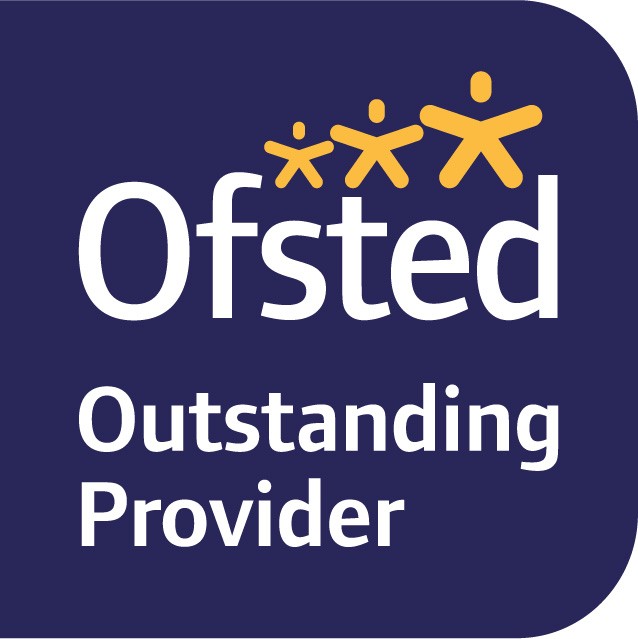By Gavin Mackintosh
Outstanding Private Schools have gone up by between 6 and 9%, an Ofsted study has today revealed. The report has revealed a 9 per cent rise in the proportion of small private schools rated ‘good’ or ‘outstanding’, but one in ten remains inadequate.
Analysis published by the education watchdog this morning revealed that since August, 75 per cent of s “non-association independent schools” received one of the two top grades at their most recent inspection. This rise was up 6 percentage points form last year where a 69% rise was noted by Ofsted.
None associate independent schools are private schools that are not part of the Independent School Council. Ofsted’s study found that 15% of non association independent schools remain poor and rated at ‘requires improvement’, while 10 per cent are ‘inadequate’.
The data reveals that 20% of non-association independent schools have also failed to comply with the independent school standards. Just 44 % of those schools that received monitoring inspections last year after failing to meet the standards in the past, have now met the standards. Non-association independent faith schools continue to under perform compared with non-faith schools.
FAITH SCHOOLS
Faith schools failed to impress when their progress was reviewed by Ofsted. 40% of faith schools are rated ‘requires improvement’ or ‘inadequate’, compared with just 20 per cent of non-faith schools.
Jewish schools were reported to be the worst-performing group, with 34 per cent of the 59 inspected by Ofsted rated ‘inadequate’ and 27 per cent rated ‘requires improvement’. Just 3 per cent are ‘outstanding’. Muslim schools have a reasonable percentage of good schools at 53%, with 8 per cent are ‘outstanding’, 53 per cent are ‘good’, 20 per cent are ‘requires improvement’ and 19 per cent are ‘inadequate’.
Christian schools lead the bunch of faith schools, with 12% of Christian schools judged ‘outstanding’ and 64 per cent, judged ‘good’.
PRIVATE SPECIAL SCHOOLS
Interestingly, private special schools maintained their record of outperforming mainstream private schools. 83% of special schools inspected as of August were ‘good’ or ‘outstanding’, compared with 67 per cent of other non-association independent schools.
Special schools are those that provide an education for children with a special educational need or disability. They differ in types and services; some being maintained state schools and others academies or independent.
One of the distinguishing features of special schools compared with mainstream schools is that special schools have a higher staff ratio, due to the additional needs of the pupils. They generally have more teaching assistants and teachers who are specialists in their area.
Special schools with pupils aged 11 and older can specialise in 1 of the 4 areas of special educational needs, which are communication and interaction cognition and learning, social, emotional and mental health sensory and physical needs.
One of the plausible reasons for the higher performance in private schools than mainstream schools is the more motivated teachers arising from higher fees, more affordable private tuition appears to account for the higher performance among private schools.




